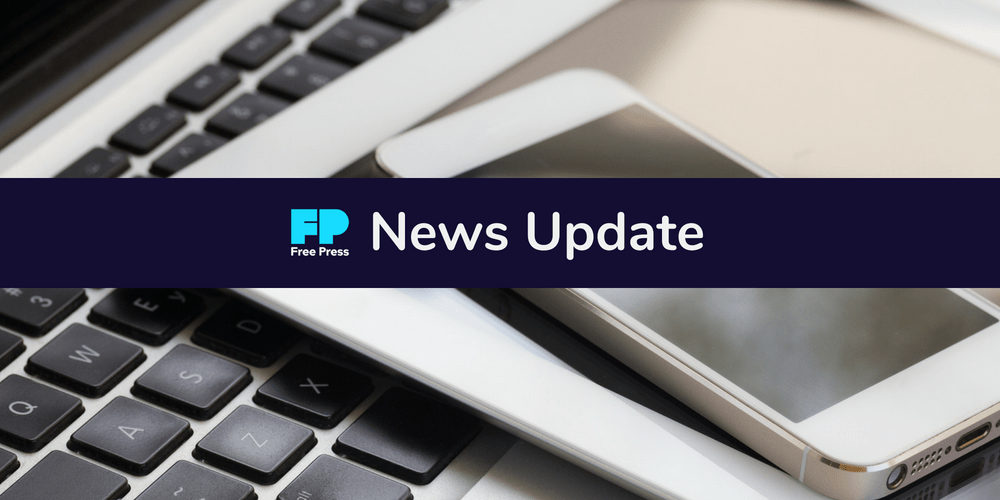Free Press Responds to Trump FCC's Politically Motivated Attack

WASHINGTON — On Monday, the Federal Communications Commission denied Free Press’ emergency petition that urged the agency to provide guidance about the dangerous spread of false COVID-19 information via broadcast outlets.
In its order, the agency mischaracterized the Free Press petition as a “brazen attempt to pressure broadcasters to squelch their coverage of a President that Free Press dislikes and silence other commentators with whom Free Press disagrees.”
In actuality, the petition urges the FCC to consider its authority under its broadcast-hoax rule to ensure the public airwaves are utilized in the public interest. Specifically, Free Press is concerned about several instances in which broadcasters knowingly aired false information concerning a catastrophe that causes, according to the FCC’s own rules, “substantial public harm.”
The Free Press petition urges the FCC to “conduct an urgent examination into the extent to which broadcasters have aired hoaxes and false or misleading information about COVID-19, and immediately issue an emergency policy statement or enforcement guidance recommending that broadcasters prominently disclose when information they air is false or scientifically suspect.”
The Federal Trade Commission, Justice Department and FDA have already issued similar guidance on the spread of disinformation about the national health emergency. As the FCC noted in its response to the Free Press petition, the Commission has also used its authority to issue guidance warning about phone- and text-based scams regarding COVID-19.
Free Press Co-CEO Jessica J. González made the following statement:
“We’re still reviewing the FCC’s hastily issued denial, but the unusual speed with which it was issued is remarkable — as is this agency’s willingness to make such personal remarks about our organization. Chairman Pai and Commissioner Carr have both refused to respond honestly in congressional oversight hearings and elsewhere when asked direct questions about President Trump’s constant attacks on the press. But here they were in quite a hurry indeed.
“Today’s decision shows that when the Republican ideologues sitting in the majority at the FCC are asked to provide guidance and protect people against medical misinformation aired on broadcast outlets, they don’t take that request seriously. But when the agency feels like it can score points with the Trump administration and its right-wing base, it answers very quickly, but without giving any serious thought to the FCC’s public-interest mandate or to the life-and-death consequences of the issue at hand.
“Chairman Pai and Commissioner Carr are only on guard for what they consider as attacks on the press from people outside their political bubble, when we’re asking the FCC to use its own rules and processes to raise concerns about the airing of disinformation during a national crisis. They are far less concerned about defending the First Amendment when those threats come from President Trump, who constantly threatens news organizations and declares war on individual journalists.
“Coverage of Trump’s dangerously uninformed medical advice was just one example we provided of the airwaves being used to sow disinformation about COVID-19. There are many broadcast personalities with massive audiences who are using the same harmful talking points. We believe it’s right to ask that the FCC clarify its rules in the context of this national emergency, as other agencies have done for other coronavirus frauds.
“The order issued today notes that the FCC has already ‘established a website to educate consumers about COVID-19 phone and text-based scams.’ Of course the agency doesn’t characterize that action as infringement of scammers’ speech rights. The Trump FCC’s vapid and ideologically motivated attacks in today’s order are not a defense of First Amendment rights; they’re simply another example of this FCC launching politically motivated attacks on our organization while ignoring the agency’s mission. It moved so quickly because it sees this as an opportunity to rally the Trump base at a time when its attention should instead be focused on saving lives.
“We can disagree about FCC rules and processes but at the end of the day, when we lie our heads down on our pillows and meet our consciences, we must meet the essential questions, which stand regardless of whether the Trump FCC wants to examine them: What will broadcasters do in this moment to make sure that their viewers have accurate information to help them stay safe and healthy? Will they aggressively promote the truth and weed out misinformation about a deadly virus, or will they wrap themselves in a tattered American flag and pretend that they don’t have a role in the deaths that are the byproducts of spreading dangerous lies?”